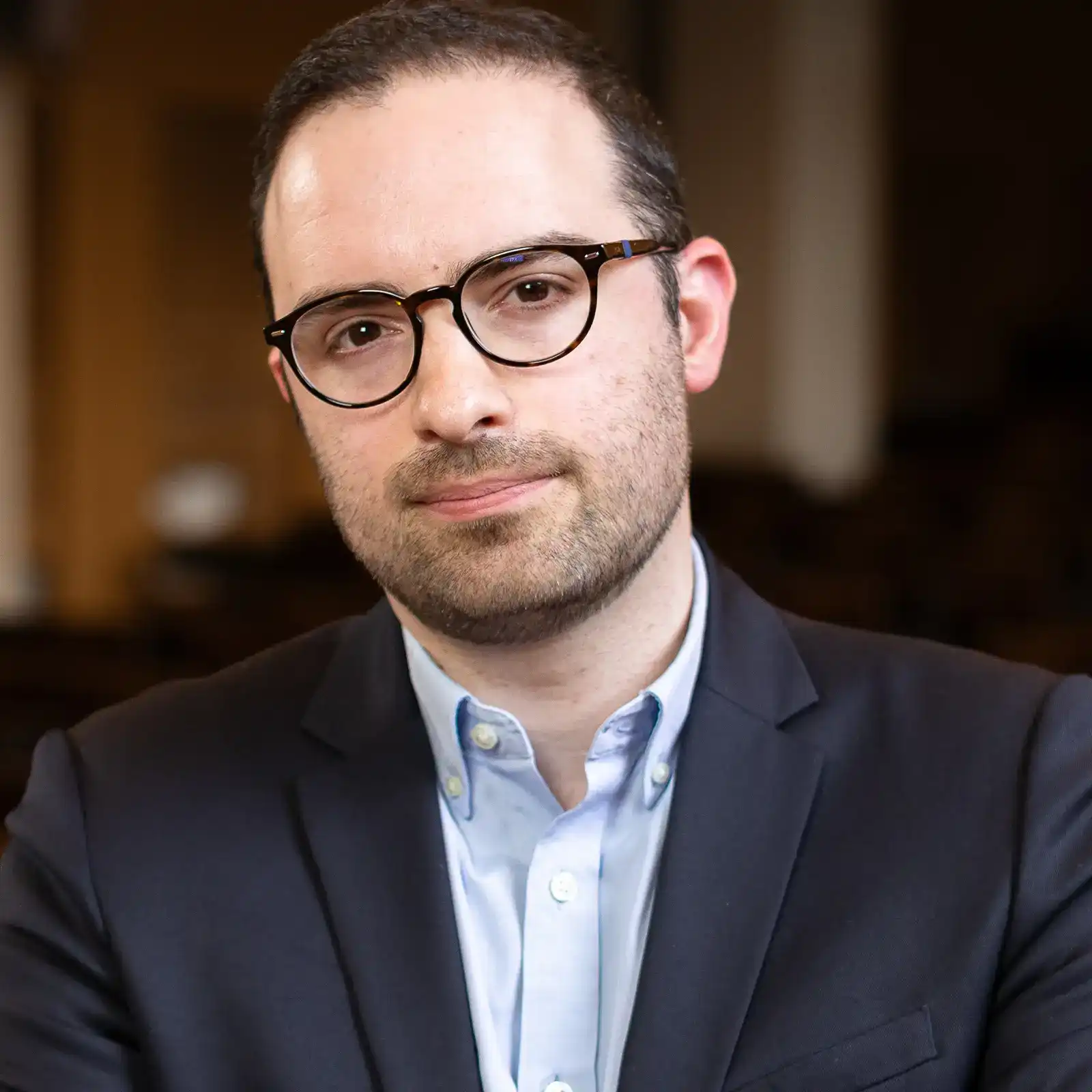
Home>Programmes for individuals>Short Programmes>Crisis Management and Preparedness
Crisis Management and Preparedness
In today’s rapidly changing and interconnected world, public leaders face increasingly complex challenges. The need for effective crisis management and preparedness is more critical than ever. This training equips public administration officials with the tools to anticipate risks, foster resilience, and implement effective governance strategies.
Overview
Intended Participants
Mid- and senior-level managers with minimum of 5 years of professional experience in the public or private sector
Objectives
- Strengthen public leaders’ ability to navigate complex and uncertain crises
- Identify and anticipate systemic risks and vulnerabilities on national and global scales
- Develop crisis management strategies, including prevention and resilience building
- Enhance coordination and decision-making processes during critical situations
Programme
- Define what constitutes a crisis and how it differs from routine problems, using real organisational experiences as a foundation for reflection.
- Analyse how organisations respond to crises, learn from them, and adapt their structures, processes, and communication strategies.
- Explore individual and collective decision-making under uncertainty, stress, and time pressure through theoretical inputs and peer-led case work.
- Understand the importance of anticipation in crisis prevention and response / Apply anticipation strategies to your own organisational context (examples drawn from the public and the private sectors).
- Understand the characteristics of decision-making under pressure, the role of creativity and of managing uncertainty with incomplete data.
- Apply specialized skills to navigate complex crisis situations.
- Identify and counter cognitive biases while understanding crisis psychology and psychological regression under stress.
- Develop resilience and antifragility at both personal and team levels, ensuring adaptive survival and sustainability in high-stakes environments.
- Understand opinion dynamics and the logics of influence in crisis contexts
- Identify and assess communication crises, distinguish them from other types of crises
- Define and implement a crisis communication strategy
- Develop and execute a crisis communication plan
- Analyze complex crisis situations using logical reasoning
- Generate innovative responses through creative thinking techniques
- Make robust decisions and mobilize resources using critical thinking
- Apply a structured problem-solving framework to real cases
- Present and defend actionable crisis response strategies.
Participants will also hear from guest speakers who will share firsthand experiences of managing crises in both the public and private sectors, providing practical lessons and real-world perspectives.
Access to expert insights from the Sciences Po Crisis-Lab: benefit from cutting-edge research, methodologies, and practical tools developed by leading specialists in crisis management and risk governance.
Diverse and experienced speakers: learn from a wide range of perspectives, including sociologists, public administration experts, and practitioners with hands-on crisis experience.
Comprehensive coverage of crisis management: explore crises from all angles: organizational decision-making, uncertainty, communication, strategic problem-solving, and resilience-building.
Guest speaker experiences from public and private sectors: gain practical lessons from leaders who have navigated real-world crises, enhancing learning with concrete case studies.
Hands-on, practice-oriented learning: engage in simulations, case studies, and structured exercises to develop actionable skills for navigating complex and high-pressure situations.
Teaching Staff

Hripsimé Torossian

Olivier Borraz
Research Director at the CNRS, Professor of sociology at Sciences Po, Director of Sciences Po Crisis Lab and former Director of the Centre for the Sociology of Organizations (CSO).
Pedagogical Approach
Apply knowledge through hands-on simulations, case studies, and debriefs to strengthen practical crisis response capabilities
Admission Requirements
- Advanced command of the English language, both spoken and written.
Practical Information
- Duration : 5 days (40 hours)
- Our courses can be adapted to accommodate various accessibility requirements. Please do not hesitate to contact us to discuss any necessary
Next Start Date(s)
June 22, 2026
Paris Campus
Duration
5 day(s)
40 hours
cost
€5,500
Contact
Dimitri Grammaticopoulos
Programme Advisor
+ 33 (0)6 62 46 71 96 | dimitri.grammaticopoulos@sciencespo.fr
Contact by email


